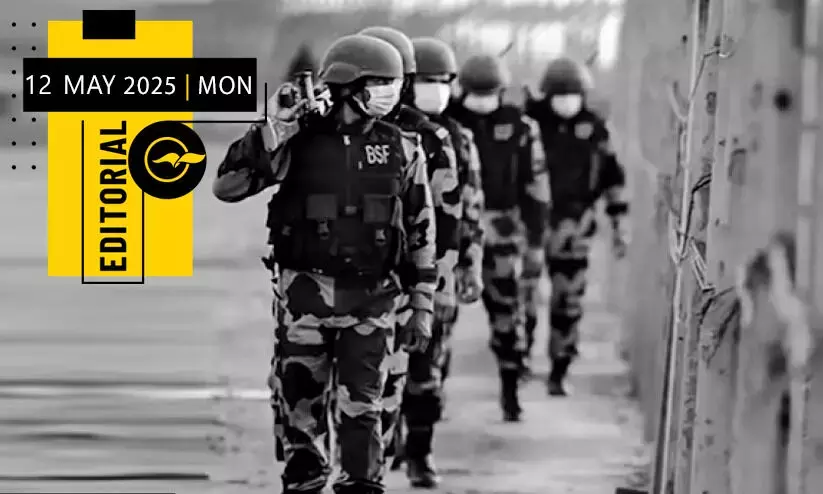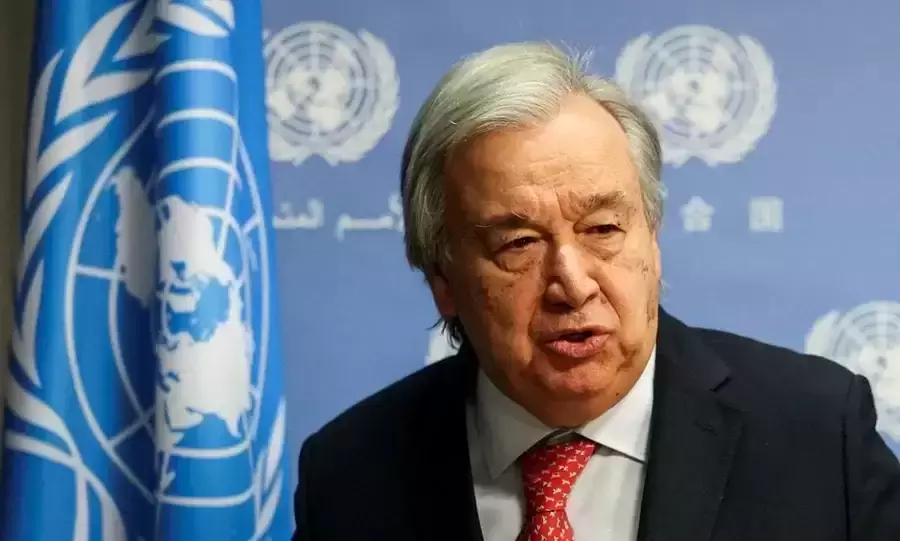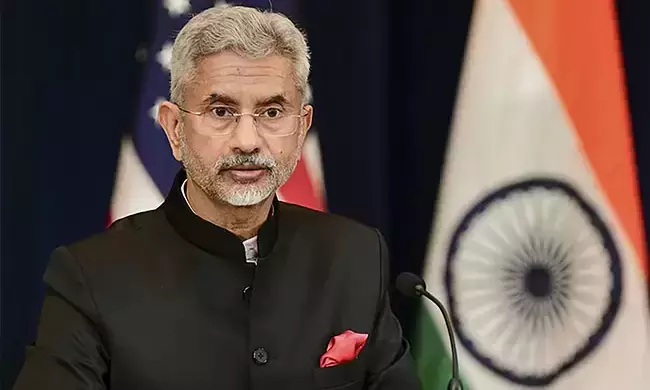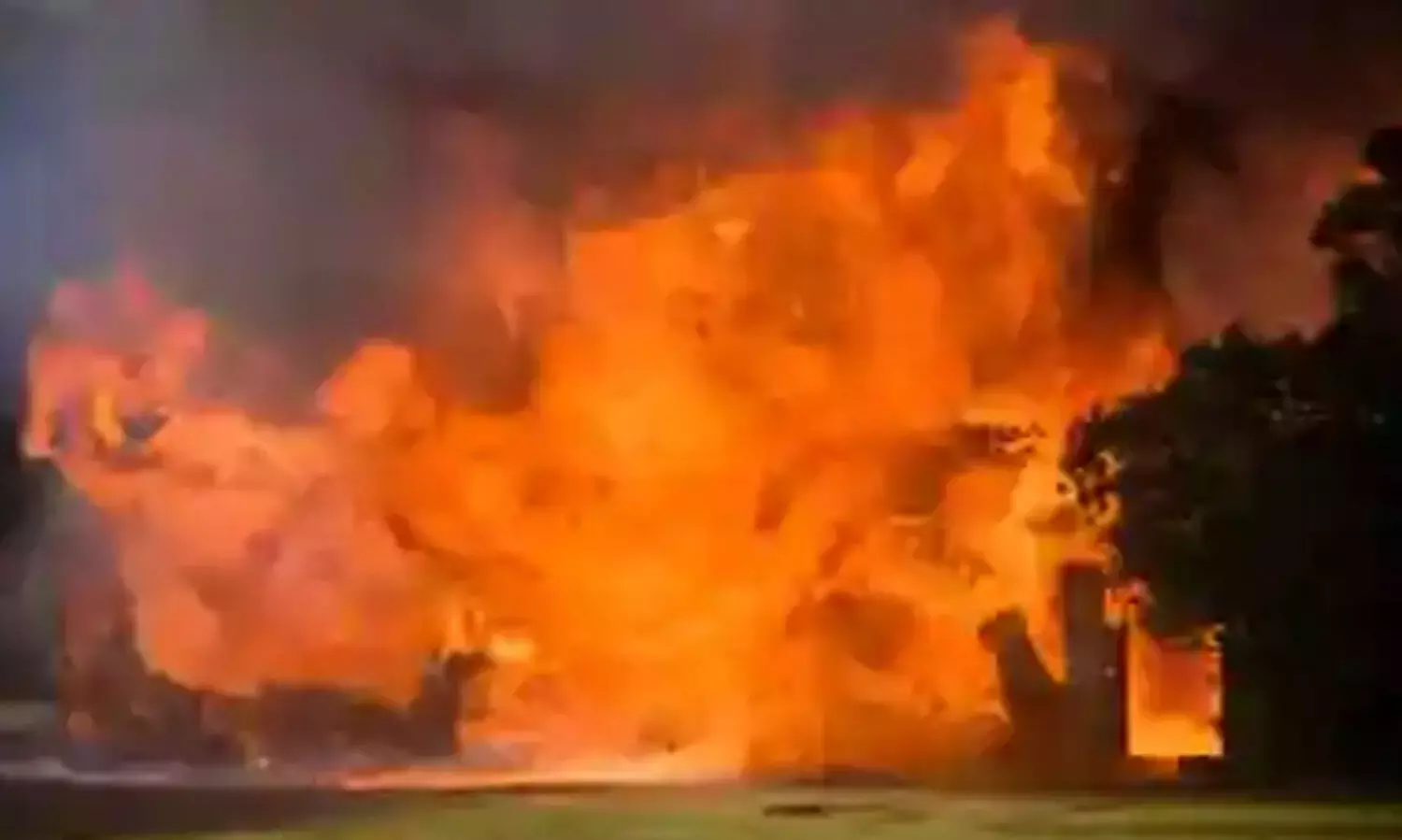
Let fear go away- and peace spread
text_fieldsAfter weeks of tension and four days of intense fighting, the threat has receded. The ceasefire announcement came at 5:30 pm on Saturday, allaying fears that India's airstrikes on Pakistani terror It was US President Donald Trump who became the first to announce that India and Pakistan had agreed to an immediate, complete ceasefire after a night of US talks. US Secretary of State Marco Rubio also said the ceasefire was the result of 48 hours of talks between Vice President JD Vance and him with the Indian and Pakistani prime ministers and top security officials. An hour later, Indian Foreign Secretary Vikram Misri announced the ceasefire at a press conference. He said Pakistan's Director General of Military Operations had contacted the Indian representative and that the ceasefire had come into effect from 5 pm on Saturday. Peace lovers around the world, with the exception of groups eager for war, unanimously welcomed the ceasefire decision. Countries such as the UK, UAE, Qatar, and Saudi Arabia, which had earlier called for an end to conflict in the region, came forward with appreciation. Pope Leo XIV also welcomed the ceasefire in his first sermon after his inauguration on Sunday. As the world was moving towards the hope that things would return to normal with a peace agreement, the sounds of violent explosions resounded again on Saturday night on which the Indian Foreign Secretary asserted that night that Pakistan's actions in violating the agreement would be met with a befitting response and that they had been asked to behave responsibly. After a night of concern, the subcontinent entered a morning without any untoward incidents.
Although everyone urgently wanted a ceasefire, the American mediation in it was unexpected and contrary to the path that has been followed so far. India's approach is to directly act and hold talks with the country that is a party to the issue. It is not at all in the fitness of things that the United States, which has stood by Pakistan in all previous conflicts, now assumes the role of mediator and raises the claim of a peace mission. It is certain that the United States came forward with its willingness to mediate in the Kashmir issue not because of its love for India or peace. Narendra Modi, who is trying to establish that ‘I am the nation’ by forgetting and distorting history, does not necessarily know that Pakistan’s attempts to internationalise the Kashmir issue and involve third parties in the issue were stoutly resisted by Prime Ministers from Pandit Nehru to Manmohan Singh. The Prime Minister, who was preoccupied with the assembly election campaign by not visiting Manipur when communal violence broke out there two years ago, has shown that electoral politics is his main concern, even after the Pahalgam terror attack. How shameful it is that the ruling party in the country was exploiting the situation by releasing videos insulting the previous government and taking credit for the military action, while the Indian Army was responding to Pakistan and civilians and military personnel were becoming martyrs in border villages during the time of Pakistani shelling.
What prompted the Indian side to accept the Pakistani army's ceasefire request is a clear indication that India wants peace and tranquillity. Not only the neighbouring country that is coming into conflict with India, but also the government's own people and cyber-bullying groups who call themselves nationalists and devotees, need to understand that the desire for peace is not weakness but strength and magnanimity. The government needs to be able to stop those who dared to call Foreign Secretary Vikram Misri, who is responsible for communicating the country's stance on international issues, a traitor and a Judas on social media after he announced the ceasefire decision. From public activists and media workers who have spoken out against war on the streets or in cyberspace, to students, many are constantly being abused by the war-mongering lot. It should also be remembered that the police, who denied permission for an anti-war demonstration in Thrissur, Kerala ignored the Sangh Parivar activists who had come to the rally to beat them up and took peace activists into custody. Let us hope that the region will become calmer in the coming days and the wounds on the border will heal. Let us also not forget tasks including securingthe safe return of BSF jawan Poornam Kumar Sau, who was abducted by a Pakistani group in the last week of April on the charge of accidentally crossing the border. It would have been good if the governments had realised from the recent conflict that the focus should not be on procuring weapons, but on protecting and properly channelising human resources and ensuring the safety of the people.









